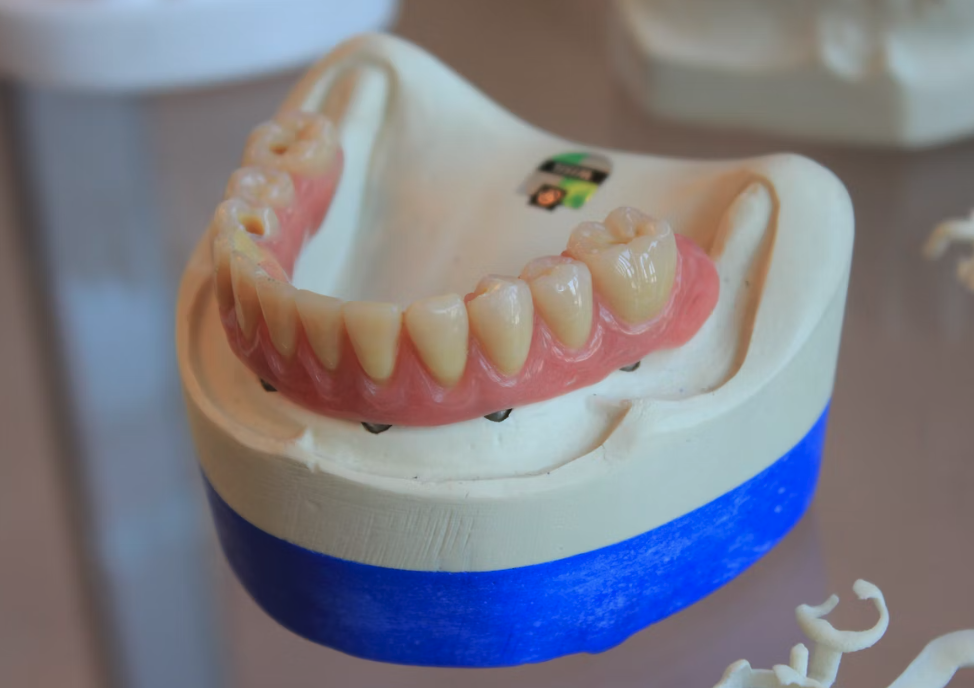Root canal retreatment is a dental procedure aimed at addressing issues that may have arisen after an initial root canal treatment. But just how many times can a root canal be retreated? The answer largely depends on the specific case and the patient’s oral health. Generally, a root canal can be retreated multiple times if necessary. However, it’s essential to consider that with each retreatment, the structural integrity of the tooth can be compromised to some extent. The success of a retreatment can also diminish over time, making it crucial for both the dentist and patient to evaluate the pros and cons carefully.
Typically, a well-executed root canal treatment can last a lifetime. Still, various factors, such as the tooth’s anatomy, the skill of the dentist, and the patient’s oral hygiene, can influence longevity. If a root canal becomes re-infected or experiences complications after retreatment, it may not be a viable option to retreat it again. In such cases, a dentist may recommend extraction and discuss replacement options like dental implants or bridges.
Is It Worth Retreating A Root Canal?
Deciding whether a root canal retreatment is worth it is a complex decision that involves several factors. First and foremost, the patient’s oral health and the condition of the affected tooth play a pivotal role. If the tooth in question is a critical one for chewing or aesthetics and its prognosis after retreatment is favorable, then retreatment may indeed be worth it. It can save the natural tooth and prevent the need for more extensive and expensive restorative procedures like dental implants or bridges.
On the other hand, if the tooth’s chances of success after retreatment are low, or if the patient’s oral health is compromised by other factors, it might be more prudent to consider extraction. Additionally, the cost of the procedure and the patient’s willingness to undergo further dental work should be factored in. Ultimately, the decision to retreat a root canal should be made in consultation with a knowledgeable dentist who can provide a comprehensive assessment of the pros and cons, taking into account the patient’s unique circumstances.
What Happens If A Root Canal Gets Infected?
When a root canal becomes infected, it can be a painful and concerning situation. An infected root canal typically occurs when bacteria re-enter the treated tooth, leading to inflammation and discomfort. If left untreated, this infection can spread to the surrounding tissues, causing more severe complications. Common symptoms of an infected root canal include persistent pain, swelling, sensitivity to hot and cold, and even the development of a pimple-like bump on the gum near the affected tooth.
To address an infected root canal, a dentist will often recommend retreatment or, in some cases, extraction. During retreatment, the dentist will remove any infected or damaged tissue, thoroughly clean and disinfect the canal, and then seal it to prevent future infection. If retreatment is not possible or unsuccessful, extraction becomes necessary to prevent the infection from spreading and causing further damage. In any case, seeking prompt dental care is essential to prevent the infection from worsening and protect your overall oral health.

Is It Better To Retreat A Root Canal Or Tooth Extraction?
The decision between retreating a root canal or opting for tooth extraction is a crucial one, and it largely depends on individual circumstances. Root canal retreatment is generally favored when there is a reasonable chance of saving the natural tooth. It preserves the integrity of the dental arch, maintains proper alignment, and can be a cost-effective option in the long run. Moreover, retaining a natural tooth can contribute to better oral function and aesthetics.
However, there are instances where tooth extraction is the more practical choice. If a tooth has undergone multiple failed root canal treatments, has extensive damage, or poses a risk of further infection, extraction might be the only viable solution. In such cases, the dentist will also discuss suitable tooth replacement options, which may include dental implants, bridges, or partial dentures, to ensure the patient’s continued oral health and well-being.

Conclusion
In conclusion, the decision regarding root canal retreatment or extraction is a complex one that requires careful consideration of various factors, including the condition of the tooth, the patient’s oral health, and their individual preferences. A well-executed root canal can last a lifetime, but if complications arise, retreatment is often a viable option. However, the success of retreatment can diminish with each attempt, and there may come a point where extraction is the more practical choice. Regardless of the chosen course of action, seeking prompt dental care is crucial to address any issues with a root canal effectively and maintain optimal oral health. Consulting with a knowledgeable dentist is the first step in making an informed decision and ensuring the best possible outcome for your dental health.








